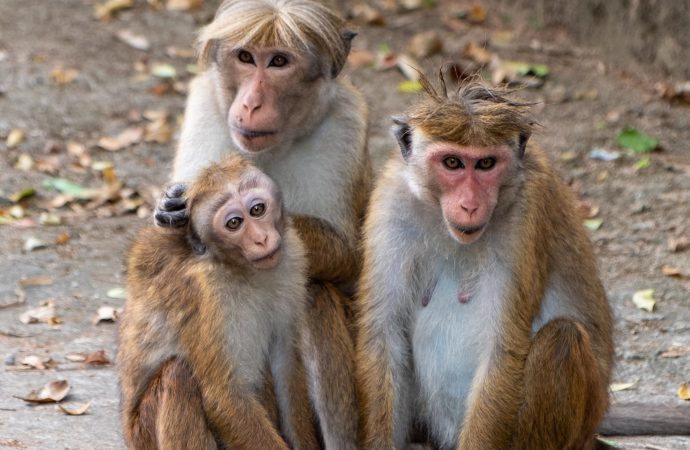Introduction: The United States is currently grappling with a shortage of research primates, posing significant challenges for the scientific community. These primates, critical to advancing knowledge in fields such as medicine and neuroscience, are in short supply due to various factors. This article explores the causes of the monkey shortage, its implications for scientific
Introduction:
The United States is currently grappling with a shortage of research primates, posing significant challenges for the scientific community. These primates, critical to advancing knowledge in fields such as medicine and neuroscience, are in short supply due to various factors. This article explores the causes of the monkey shortage, its implications for scientific research, and the innovative approaches being taken to cope with this issue.
Understanding the Shortage:
The scarcity of research primates in the U.S. is a complex issue influenced by multiple factors. One significant factor is the increased demand for these animals in scientific research. As our understanding of human health and diseases continues to grow, so does the need for primates as research subjects. This demand has outpaced the available supply, leading to a shortage.
Additionally, regulations and ethical considerations surrounding primate research have contributed to the scarcity. Stricter guidelines and heightened concerns about animal welfare have limited the importation and use of research primates. While these regulations aim to ensure ethical treatment, they have inadvertently impacted the availability of these animals for scientific studies.
Implications for Scientific Research:
The shortage of research primates has far-reaching implications for scientific research. Primates, with their genetic and physiological similarities to humans, provide invaluable insights into human health, behavior, and the development of new therapies. Their use has played a vital role in advancements in areas such as drug discovery, infectious diseases, and neuroscience.
Without an adequate supply of research primates, scientists face challenges in conducting experiments that directly impact human health. The shortage hampers the development of new treatments, slows progress in understanding complex diseases, and may limit our ability to tackle global health challenges effectively.
Innovative Approaches and Collaborative Efforts:
In response to the shortage, scientists and research institutions are exploring innovative approaches to cope with the lack of research primates. One approach involves increasing investments in alternative research methods such as in vitro models, computer simulations, and the use of non-primate animal models. While these alternatives cannot fully replicate the complexity of primate biology, they offer valuable insights and complement traditional research methods.
Collaboration among researchers, policymakers, and animal welfare organizations is crucial to finding solutions. Efforts to optimize research protocols, reduce the number of animals used, and improve the sharing of resources and data can help mitigate the impact of the shortage. Additionally, fostering international collaborations and exploring the possibility of responsibly sourcing primates from breeding facilities can contribute to a more sustainable supply.
Balancing Scientific Progress and Ethical Considerations:
The use of primates in research has long been a subject of ethical debate. Animal welfare concerns and the moral implications of using animals in experiments have led to increased scrutiny and stricter regulations. Critics argue for the reduction or elimination of primate research, while proponents emphasize the essential role primates play in advancing medical knowledge.
Striking a balance between scientific progress and ethical considerations remains a significant challenge. It requires ongoing dialogue, ethical oversight, and continuous efforts to refine research practices and minimize animal usage. This includes adopting the principles of the 3Rs (Replacement, Reduction, Refinement) and supporting advancements in non-animal alternatives.
Conclusion:
The monkey shortage in the United States presents a complex challenge for the scientific community. The limited availability of research primates impedes scientific progress and the development of new treatments for human health issues. However, scientists are actively seeking innovative solutions, including alternative research methods and collaborative efforts, to mitigate the impact of the shortage.
Finding a balance between scientific advancements and ethical considerations is vital. By fostering collaboration, embracing alternative methods,
and implementing responsible research practices, we can navigate the monkey shortage while upholding ethical standards and driving scientific progress.

















Leave a Comment
Your email address will not be published. Required fields are marked with *